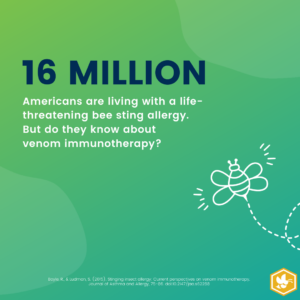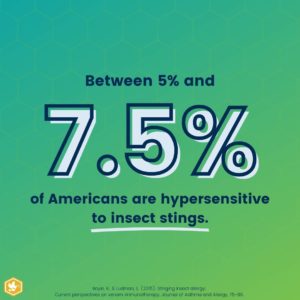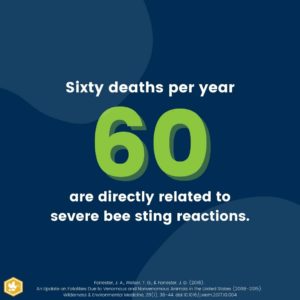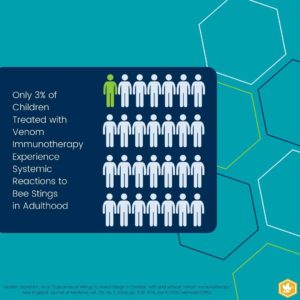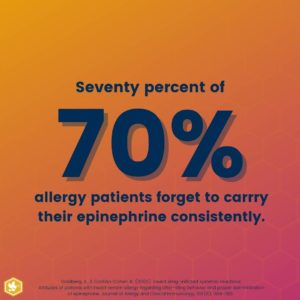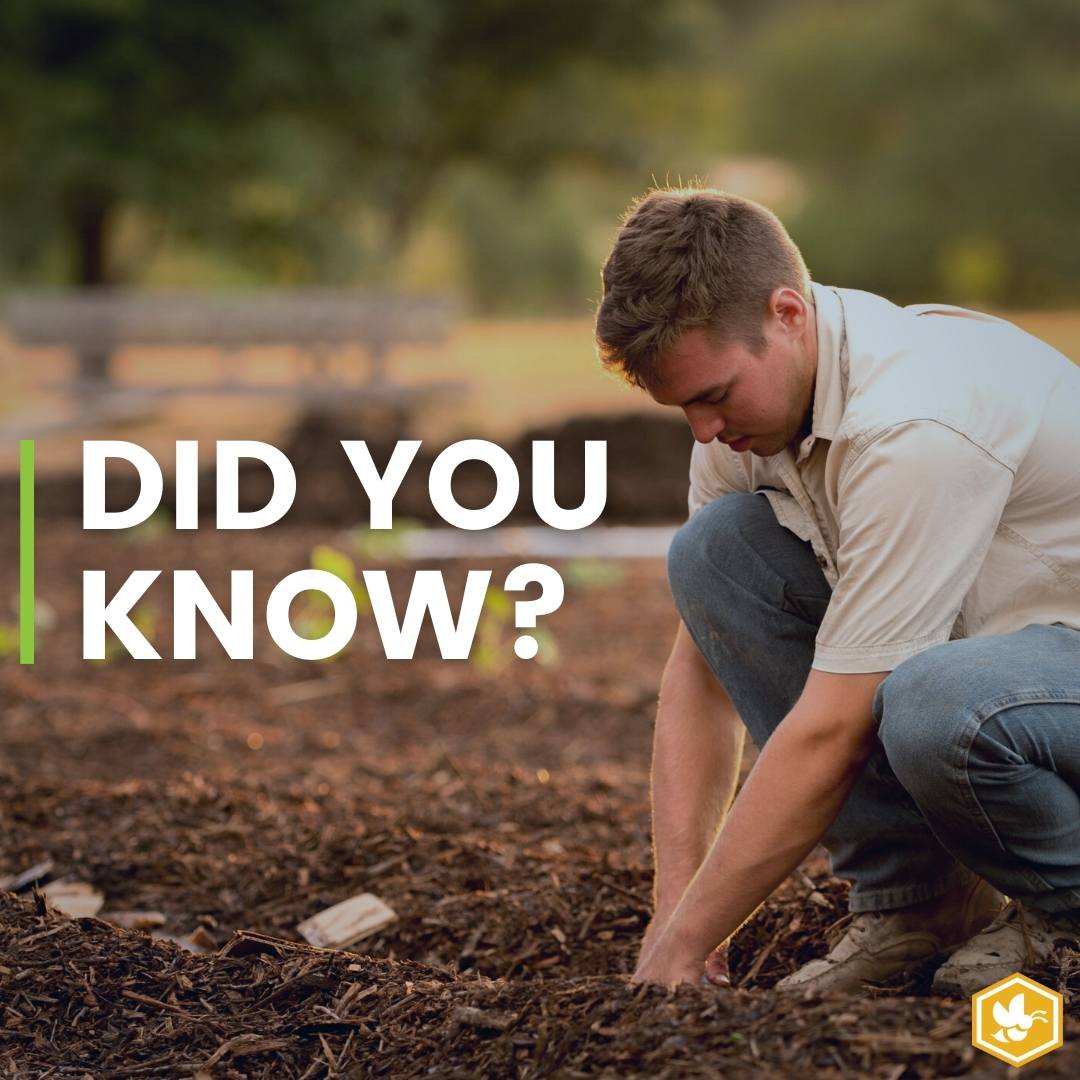Social Media Toolkit
Quickly spread the word about bee sting allergies and venom immunotherapy with BeeAware’s Social Media Toolkit!
Below, you’ll find a manual containing best practices for social media. Put these into practice by sharing the most important statistics we’ve written down for you. Then, download images and videos that are perfect for most social media platforms. Pair them with our pre-written text for the perfect post!


First, make sure your social media strategy is the best it can be. Our Social Media Best Practices guide will give you simple, easy-to-follow advice. Download the .pdf and come up with your game plan.
Follow us on social media! Then, tag us in your bee sting allergy posts, give us a mention (or two!), and share our content.
Instagram: @beeawareallergy
Facebook: @beeawareallergy
Pinterest: @beeawareallergy
Twitter: @beeawareallergy
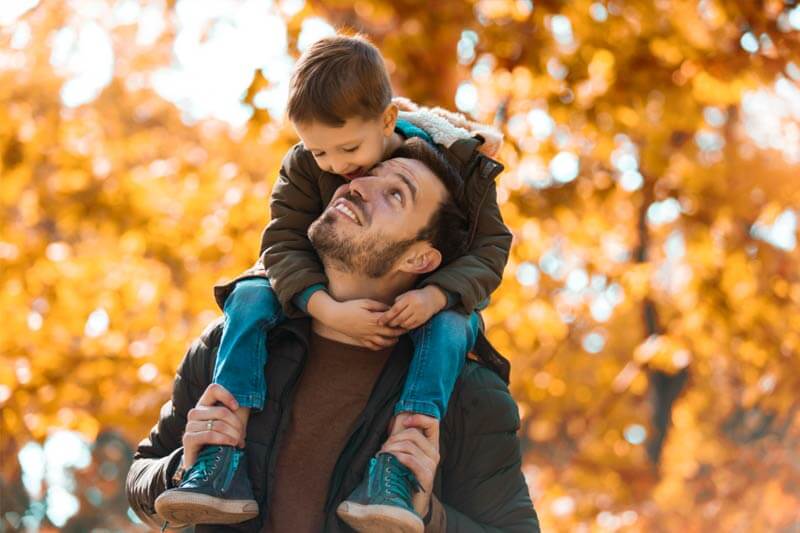
What is Venom
Immunotherapy?
Venom immunotherapy is a highly effective treatment for bee sting allergies. Learn why and how it works.

Signs of a Bee
Sting Allergy
Learn to recognize the symptoms of bee sting allergic reactions. That way, you’re never taken off guard.
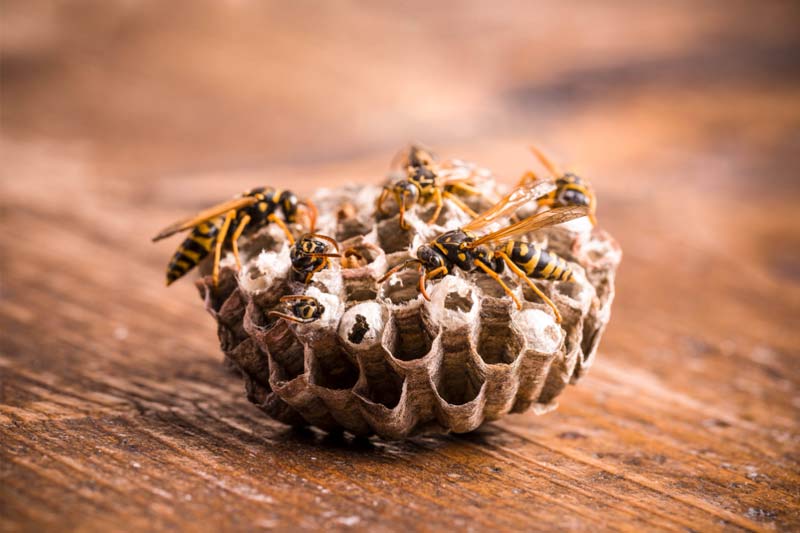
Staying Safe: How to Prevent Wasp Nests

The Basics of Bee Sting Allergy Testing
Learn the basics of bee sting allergy testing! After reading, you’ll feel ready to contact an allergist.
#beeaware #beestingallergy
- Venom immunotherapy is up to 98% effective in preventing systemic allergic reactions.
- 16 million Americans are living with a potentially life-threatening bee sting allergy.
- Between 5% and 7.5% of Americans are hypersensitive to insect stings.
- 220,000 ER visits occur each year for bee sting allergy-related anaphylaxis.
- 60 deaths per year are directly related to severe bee sting reactions.
- 70% of allergy patients fail to carry their epinephrine consistently.
- 55% of insect sting patients fail to correctly demonstrate epinephrine pen administration.
We believe in the same mission as @beeawareallergy. Bee sting allergies should be taken seriously—always. Being prepared for a sting is essential… and so is creating a preventative care plan! #beeaware #beestingallergy
Spring cleaning on your to-do list? Consider walking the perimeter of your property, looking for holes in the ground or gaps in your siding. These are prime wasp-building locations! Take care of them before summer comes. #beeaware #beestingallergy
Make a bee sting action plan! Pick a safe place on your property. Keep a small kit with antihistamine, a tool for scraping the stinger out, and items to clean the wound. Monitor your symptoms and don’t hesitate to call 911! #beeaware #beestingallergy
Did you know that an epinephrine pen isn’t your only treatment option for a bee sting allergy? Venom immunotherapy is up to 98% effective at preventing systemic allergic reactions. #beeaware #beestingallergy
Bee sting allergies aren’t uncommon! In fact, roughly 7% Americans are hypersensitive to bee and wasp stings. If you think you or a loved one is allergic to bees, contact us today. #beeaware #beestingallergy
Bee sting allergic reactions can quickly become severe. Learn the signs of an allergic reaction so you are prepared! Follow up with us if you have concerns, and always call 911 in an emergency. #beeaware #beestingallergy


